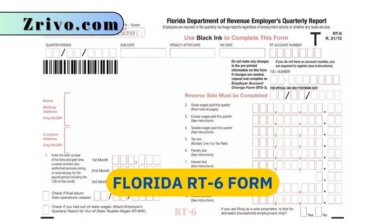Ohio State Income Tax 2023 - 2024
Most states, including Ohio, impose personal income taxes on their residents. These taxes are used to fund a variety of state and local programs, including public education, parks, community health services, and state prisons.

State income taxes vary by state and are a percentage of your earned or unearned income. Unlike federal tax brackets, which apply to all taxpayers, Ohio state income tax rates depend on your filing status and taxable income. The state’s top rate is 3.75%, while the lowest is 0%. In addition to the state’s income tax, many cities and towns levy their own local income taxes.
How to File Ohio State Income Tax?
You must file an Ohio individual income tax return if you live in the state or earn any type of income in the state, including wages, lottery and casino winnings, rental property, personal property, and income from a sole proprietorship or pass-through entity. Generally, every full-year resident and part-year resident must file. Nonresidents who have Ohio-sourced income must also file a return.
All Ohio residents must file a Ohio state income tax return by April 15, the same deadline as federal returns. Nonresidents who earn Ohio-sourced income must also file returns. The state does not have an automatic extension but honors extensions filed with the IRS.
If you are a business owner, be sure to set up withholding for school district taxes and claim the Ohio business income deduction. You can find forms, instructions, and other helpful resources on the Ohio Department of Taxation’s website. You can also sign up for the ODT’s electronic notices to receive timely information about the state’s taxes.

Ohio State Income Tax Changes
As Ohio’s economy continues to grow, residents and businesses are facing a growing list of tax changes. The Republican-majority legislature voted to slash the state income tax this year and has also made significant changes to the Commercial Activity Tax (CAT), municipal income taxes, and pass-through entity taxes (PTET).
The budget bill will reduce Ohio’s top personal income tax rate from 3.75 percent to 3.5 percent. In addition, the number of tax brackets will be reduced from four to three. However, the highest rate will be only on non-business income, and a series of deductions and exemptions may reduce the effective tax rates for many taxpayers.
The bill will also fix a long-standing issue for business owners. Previously, participation in other states’ PTET elections caused double taxation for Ohio resident owners. Now, the bill will allow Ohio resident owners credit for PTET taxes paid to other states, opening up new tax-saving opportunities. The new law also suspends inflation adjustment for tax brackets for the next two years. It will save Ohio taxpayers about $400 million per year.





